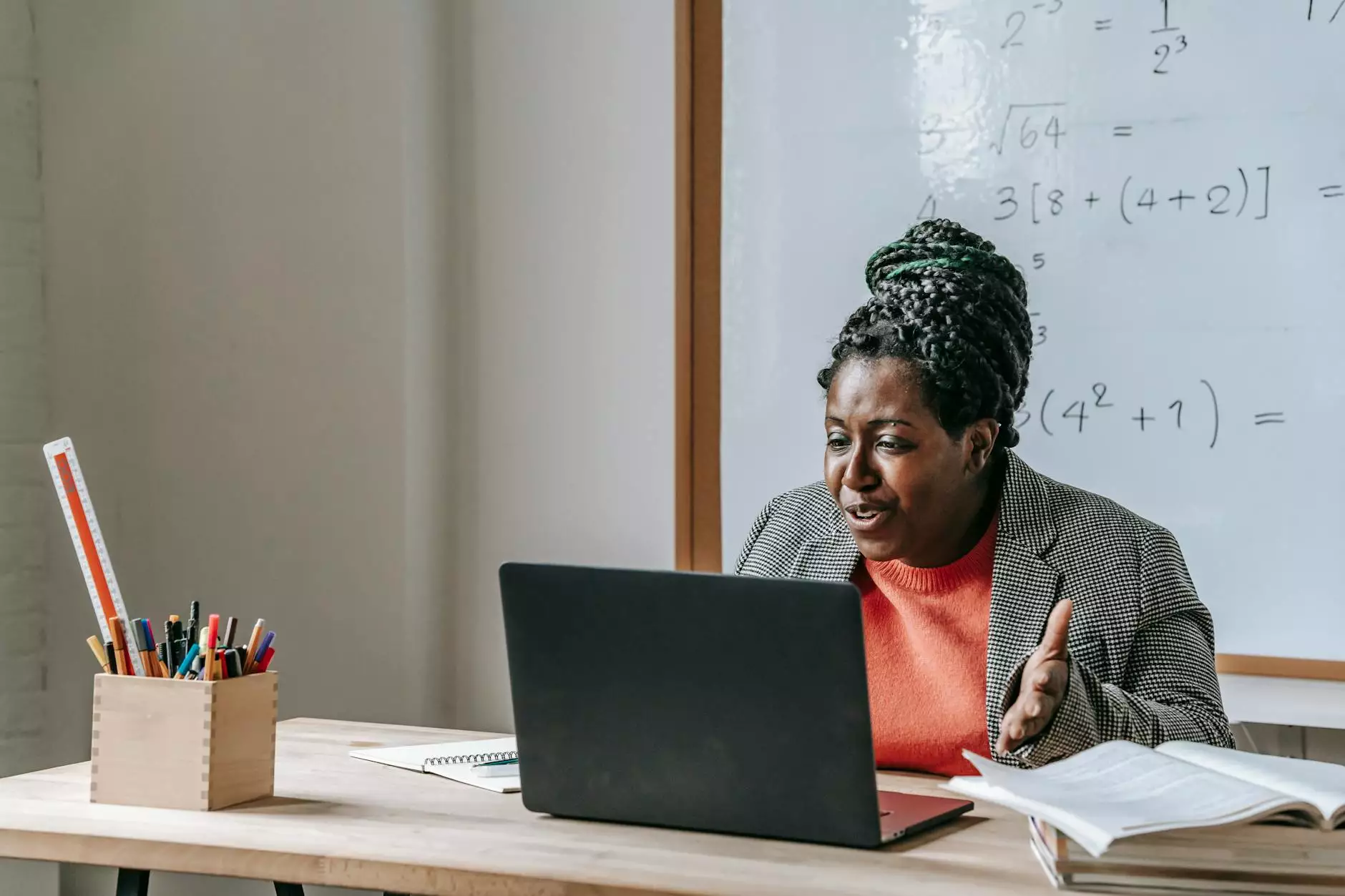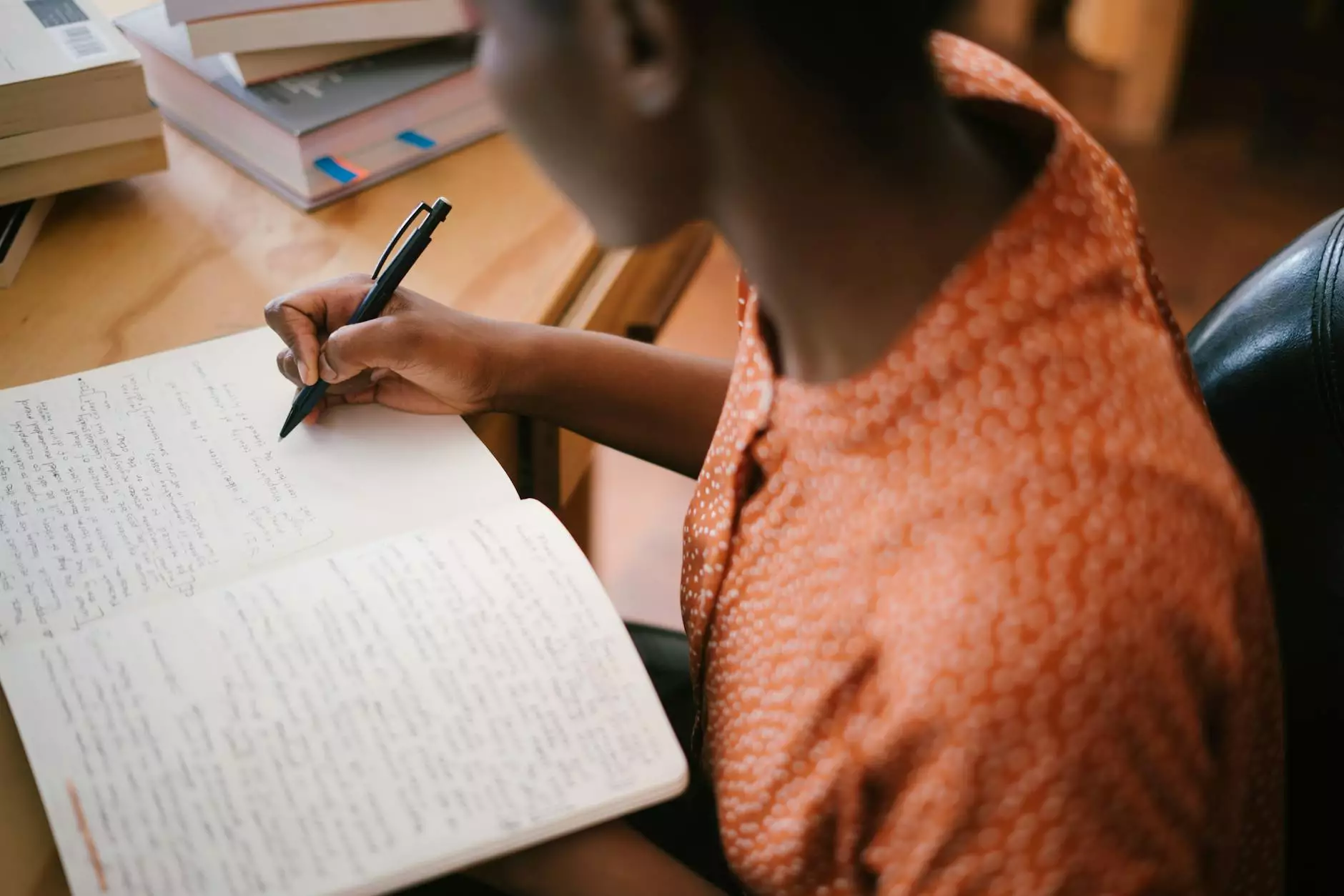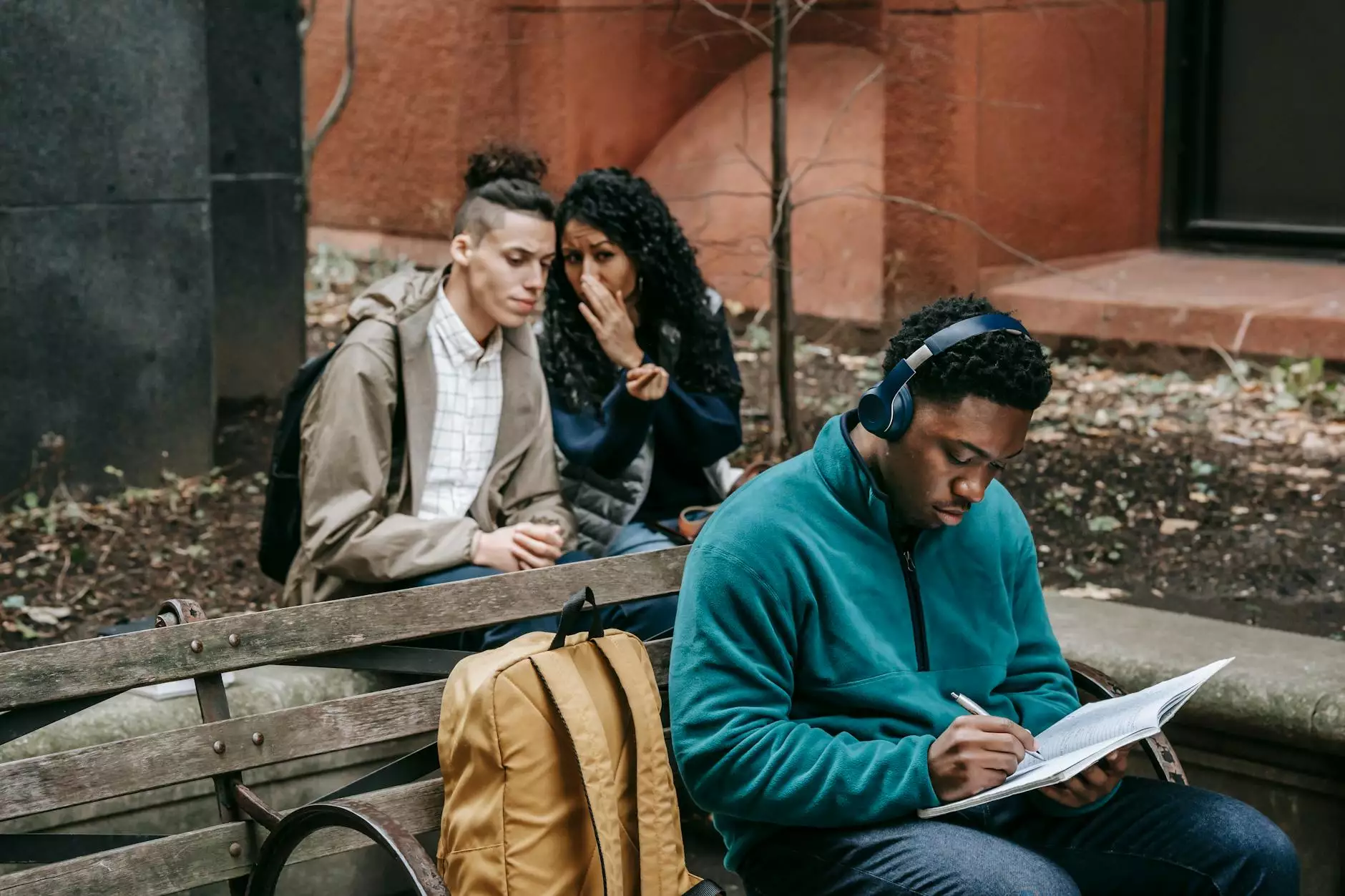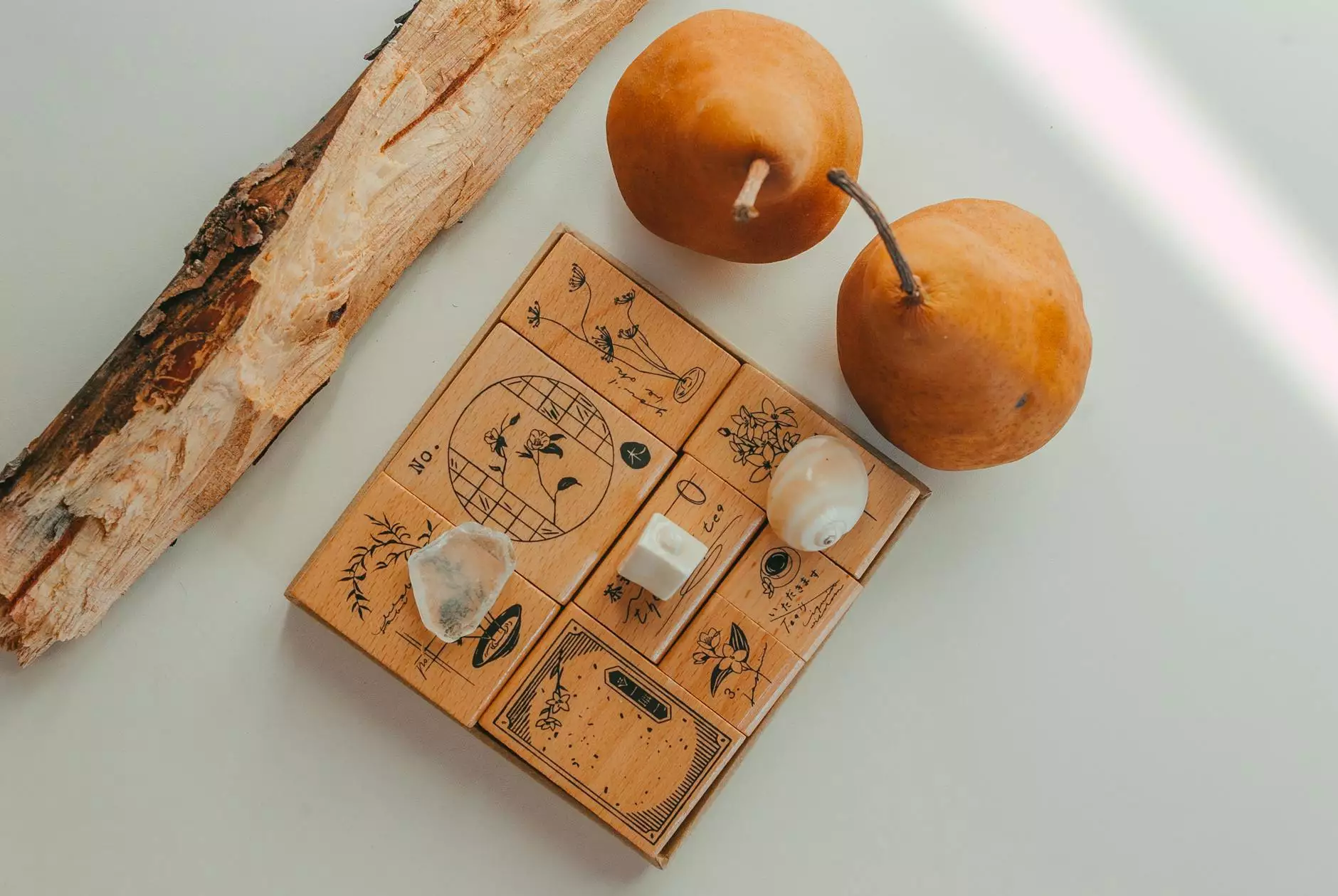10 Ways to Build Balance and Coordination
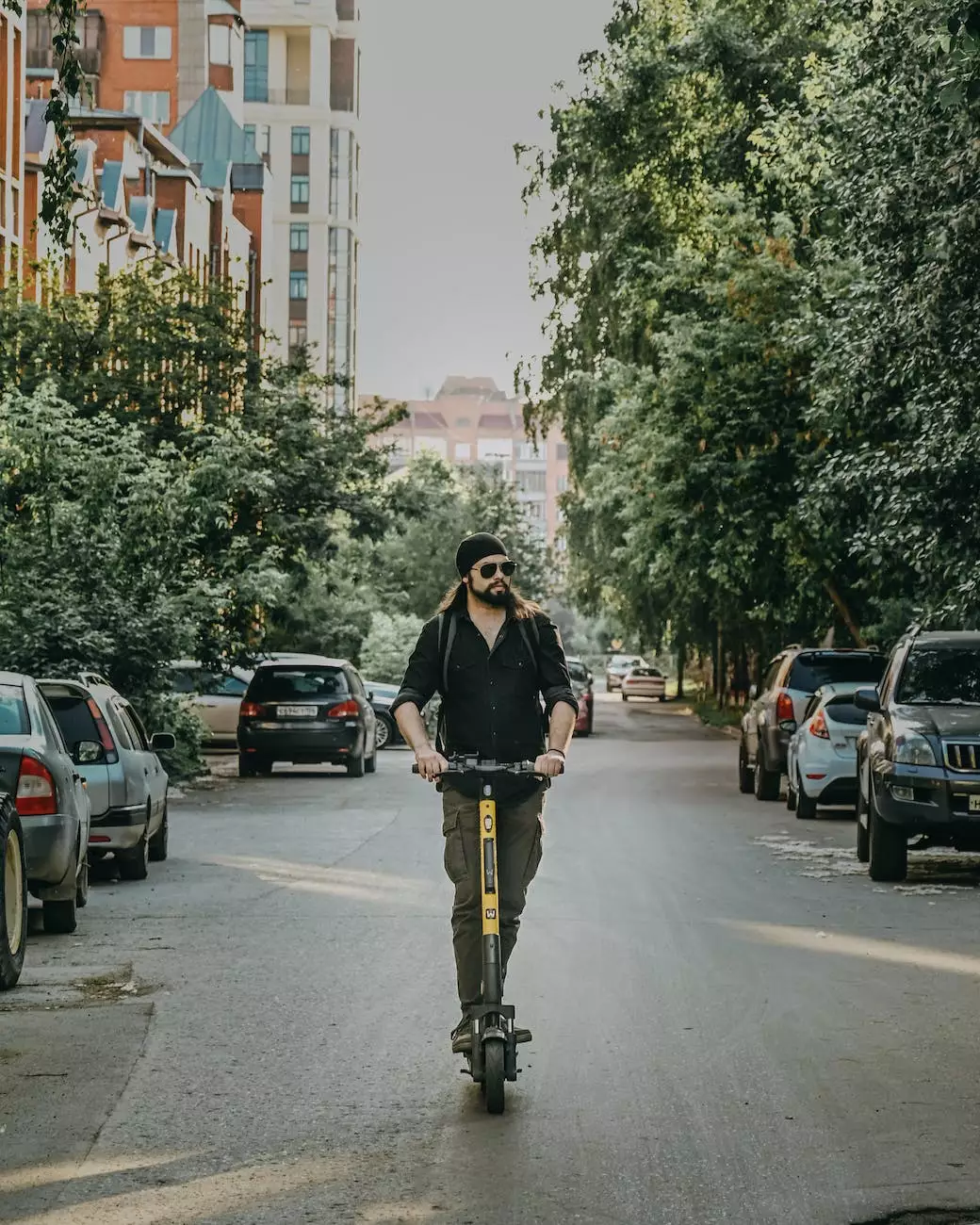
Introduction
Welcome to The Knowledge Nest, your ultimate resource for enhancing your overall health and wellbeing. In this article, we will explore the importance of balance and coordination and share with you ten effective ways to develop and improve these essential skills.
Why Balance and Coordination Matter
Balance and coordination are crucial for our daily lives. They are fundamental skills that allow us to move with ease, maintain stability, and perform tasks efficiently. Whether you're an athlete looking to excel in your chosen sport or simply want to enhance your quality of life, having good balance and coordination is essential.
The Benefits of Building Balance and Coordination
Improving your balance and coordination offers a wide range of benefits. Not only can it prevent falls and injuries, but it also enhances your overall physical performance and reduces the risk of developing certain musculoskeletal disorders. Additionally, balance and coordination exercises can boost cognitive function and contribute to a greater sense of confidence and well-being.
Ten Effective Ways to Build Balance and Coordination
1. Yoga and Pilates
Yoga and Pilates are excellent practices that focus on core strength, body awareness, and balance. By incorporating these disciplines into your routine, you can enhance your overall stability, flexibility, and coordination.
2. Tai Chi
Tai Chi is a martial art form that emphasizes slow, controlled movements, and deep breathing. Regular practice of Tai Chi can improve body balance, coordination, and mental focus.
3. Balance and Stability Exercises
Incorporate specific balance exercises into your workout regimen, such as single-leg stands, heel-to-toe walks, and balancing on unstable surfaces like stability balls or balance boards. These exercises challenge your balance and coordination, leading to significant improvements over time.
4. Dance Classes
Joining dance classes not only allows you to express yourself creatively but also helps enhance your balance and coordination. Dance styles like ballet, salsa, or tango require precise movements and body control, which can greatly benefit your overall coordination skills.
5. Sports and Athletics
Participating in sports and athletic activities that focus on balance and coordination, such as gymnastics, rock climbing, or martial arts, can provide targeted training that improves your overall physical abilities.
6. Balance Tools and Equipment
Utilizing specialized tools and equipment like balance boards, stability discs, or wobble cushions can provide an additional challenge to your balance and coordination training. Regular practice with these tools can significantly enhance your proprioceptive abilities.
7. Outdoor Activities
Engaging in outdoor activities that require balance and coordination, such as hiking, trail running, or yoga in nature, not only provides physical exercise but also enhances your connection with the natural environment.
8. Strength Training
Incorporating strength training exercises into your routine can indirectly improve balance and coordination. By developing stronger muscles, you establish a solid foundation for better control and stability in your movements.
9. Mindfulness and Meditation
Practicing mindfulness and meditation can have a profound impact on your balance and coordination. By cultivating a calm and focused mind, you enhance your body's overall coordination and movement awareness.
10. Fine Motor Skill Activities
Engage in fine motor skill activities such as painting, playing a musical instrument, or solving puzzles. These activities promote hand-eye coordination, spatial awareness, and fine-tuned motor skills, which ultimately contribute to improved overall coordination.
Conclusion
Building balance and coordination is a worthwhile endeavor that can positively impact your physical and mental well-being. By incorporating the ten effective ways mentioned above into your lifestyle, you'll be well on your way to achieving greater stability, improved movement control, and overall enhanced coordination. Remember to consult with a healthcare professional or fitness expert before starting any new exercise regimen, especially if you have any underlying health conditions.
Visit The Knowledge Nest, your top resource for valuable insights and helpful tips in the realm of community and society. Empower yourself with knowledge and unlock your full potential!



